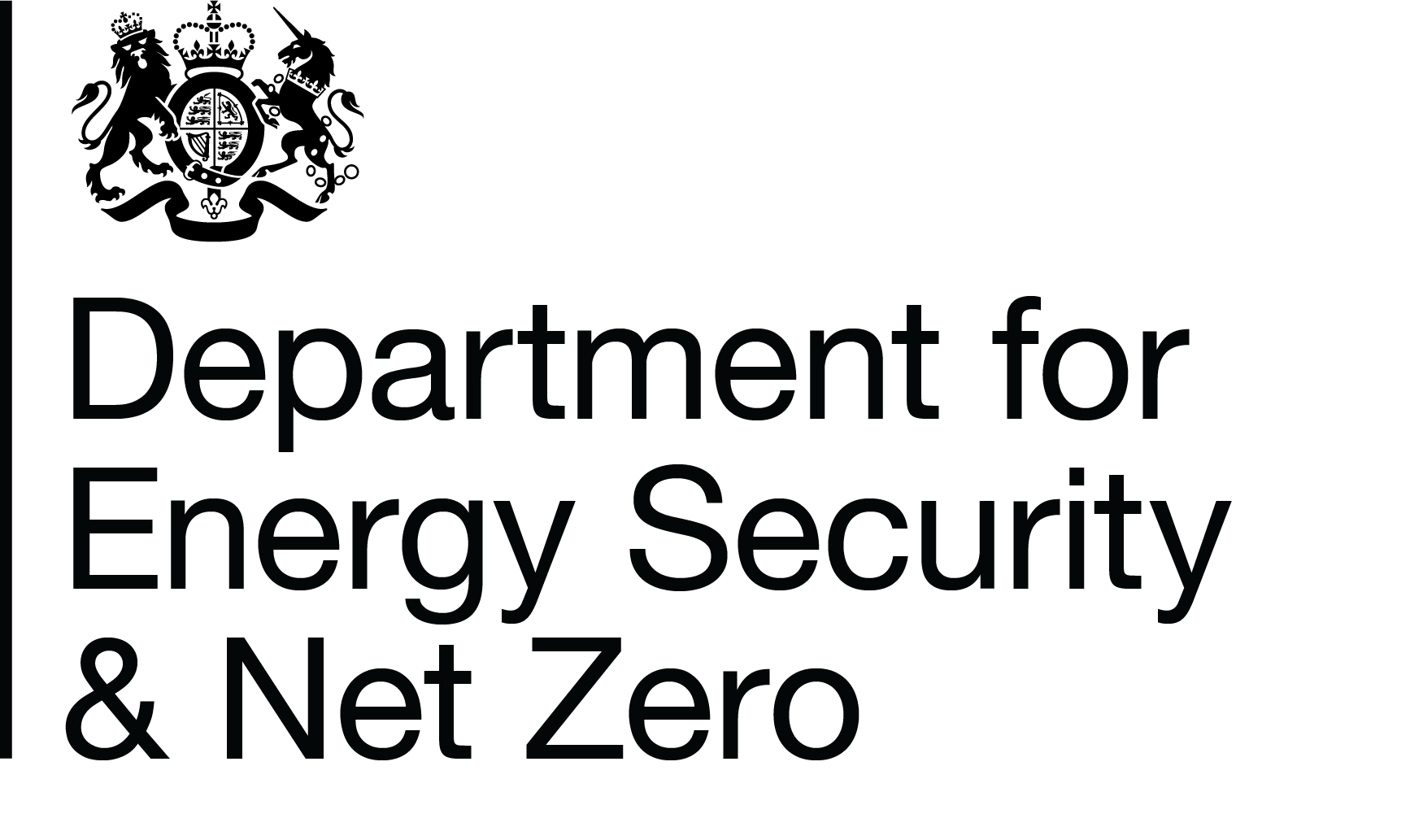Warm Home Discount: better targeted support from 2022
Overview
The Warm Home Discount has been a key policy in the Government’s approach to tackling fuel poverty since its inception in 2011. Since it began, the Warm Home Discount has provided over £3 billion in rebates on energy bills to low-income and vulnerable households.
The Government committed in the Energy White Paper last year to extending the Warm Home Discount until 2025/26 at least, expanding the spending envelope from around £350 million to £475 million annually (in 2020 prices), and proposing reforms for improving the targeting of the scheme.
This consultation sets out the Government’s proposals for reforming the scheme in England and Wales from 2022/23, alongside consulting on certain reserved powers with regards to Scotland.
Why your views matter
We are seeking feedback particularly from the energy sector and charities on the proposals to inform the design of the Warm Home Discount scheme for the period 2022-2026. The Government will take into account the responses and lay regulations in order to ensure a scheme is in place from 2022 onwards.
What happens next
Following this consultation, we will consider responses and, subject to the scale of change, plan to publish the Government's response setting out the final policy in winter 2021/22. We would then lay regulations which, subject to Parliamentary process, should come into force in the spring of 2022, when the new scheme year would begin.
Audiences
- SMEs (small and medium businesses)
- Large businesses (over 250 staff)
- Trade bodies
- Medium business (50 to 250 staff)
- Micro business (up to 9 staff)
- Small business (10 to 49 staff)
- Consumer organisations
- Universities
- Researchers
- Innovation community
- Thinktanks
- Consumers
- Older people
- Younger people
- Disability groups
- Charities
- Local government
- Charity or social enterprise
- Central government
- Regulator
- The Devolved Administrations
- Charities and Third Sector organisations
- Non-Government Organisations
- Civil Society Organisations
Interests
- Research
- Industrial strategy
- Fuel poverty
- Oil and Gas
- Saving energy
- Distributed energy and heat
- Renewable energy
- Energy and climate change
- Energy efficiency
- Housing
- Electricity
- Fuel poverty
- Oil and gas
- Saving energy
- Distributed energy and heat
- Renewable energy
- Energy and climate change
- Energy efficiency
- Housing
- Electricity
- Climate change
- Regulation
- Efficiency

Share
Share on Twitter Share on Facebook